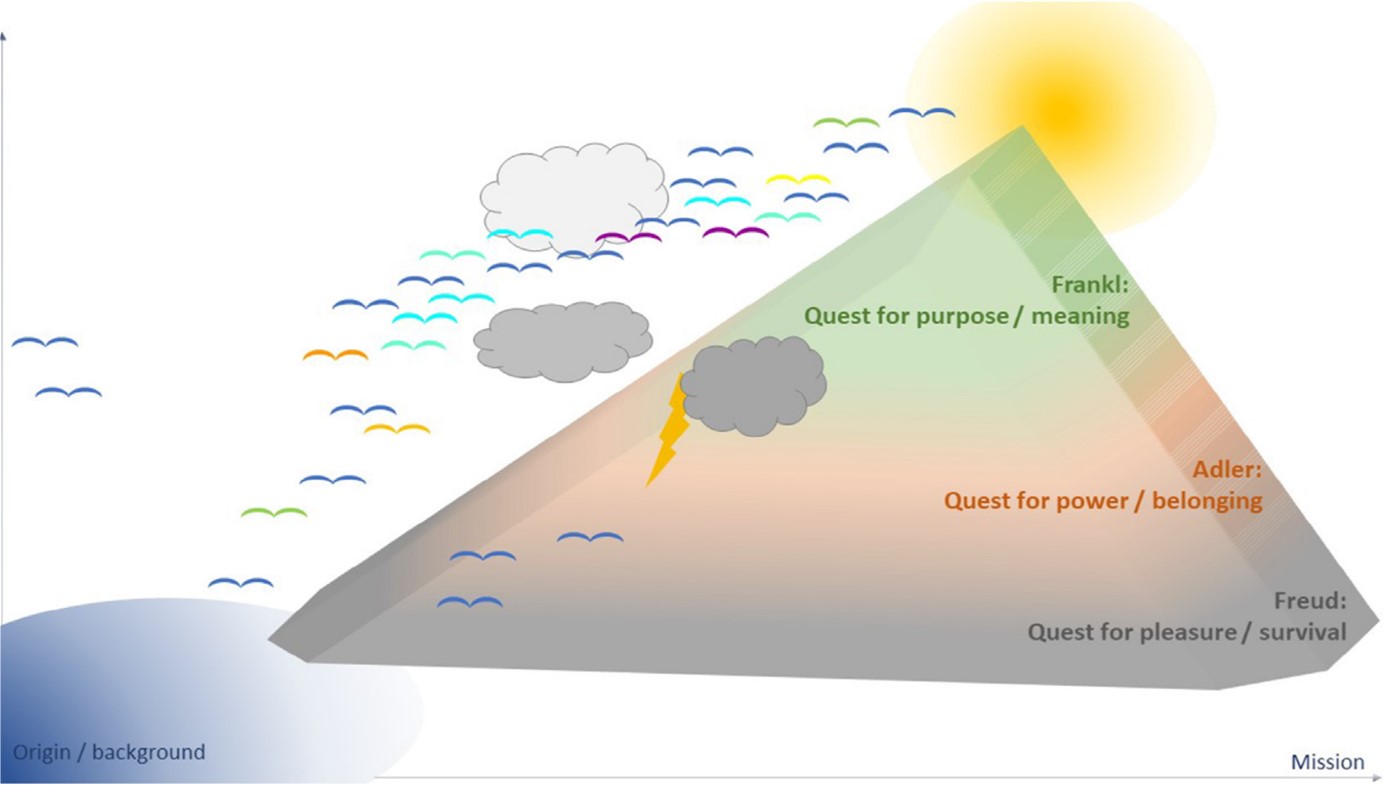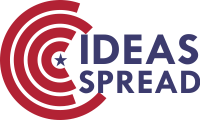Communities of Practice for Transforming Tacit Knowledge into Explicit Knowledge in Autism Literacy: A Comparative Study of Bolivia, Brazil, Ecuador, and Paraguay
Abstract
This study examines pedagogical practices for autism literacy across four countries and explores the potential of establishing a communication network to facilitate the effective exchange of knowledge and experiences. By leveraging local cultural strategies, knowledge management, and organizational intelligence, the research aims to transform tacit knowledge—common in languages with phonetic simplicity, such as Latin-based languages—into explicit knowledge, particularly in countries with law-based educational frameworks.
The study addresses key challenges in autism learning, including inattention, hyperactivity, impulsivity, anxiety, irritability, tantrums, defiance, and aggression. These difficulties are compounded by the widespread lack of recognition of the heterogeneity within the autism spectrum.
Through interviews conducted in the selected countries, this research seeks to answer the following question: To what extent does the transformation of tacit knowledge into explicit knowledge impact autism literacy? The findings suggest that communities of practice play a crucial role in supporting pedagogical approaches, as many educators and caregivers feel overwhelmed and discouraged, often abandoning efforts due to a lack of understanding of literacy concepts, such as writing.
Based on these insights, the study proposes the implementation of the phonemic method for literacy, along with a knowledge management portal that integrates learning resources, communities of practice, expert analyses, and semantic web technologies to enhance organizational intelligence in autism education.
References
Anixt, J. S., Ehrhardt, J., & Duncan, A. (2024). Evidence-based interventions in autism. Pediatric Clinics of North America, 71(2), 199-221. https://doi.org/10.1016/j.pcl.2024.01.001
Anthony, J. L., & Francis, D. J. (2005). Development of phonological awareness. Current Directions in Psychological Science, 14(5), 255–259. https://doi.org/10.1111/j.0963-7214.2005.00376.x
Ballestrin, L. (2013). América Latina e o giro decolonial. Revista Brasileira de Ciência Política, 11, 89-117.
Barbosa, S. C., & Castro, M. A. D. R. (2022). EJA, Educação Popular e Proeja: Alguns elementos para reflexão. Revista Anápolis Digital. Retrieved from https://portaleducacao.anapolis.go.gov.br/revistaanapolis/wp-content/uploads/2022/09/TEXTO-1-Eja-Educacao-Popular-e-Proeja-alguns-elementos-para-reflexao.pdf
Beltrão, S. L. (2010). A construção do diálogo interinstitucional para o desenvolvimento territorial rural sustentável: Estratégias comunicativas e de participação no Território do Sisal, Bahia.
Brito, R. G., & de Oliveira, A. M. (2021). Desenvolvimento profissional de professores de computação: Uma análise das práticas docentes. Revista Contexto & Educação, 36(114), 201–223. https://doi.org/10.21527/2179-1309.2021.114.201-223
Capovilla, A. G. S., & Capovilla, F. C. (2004). Alfabetização: Método fônico. Memnon.
Carroll, J., Snowling, M., Hulme, C., & Stevenson, J. (2003). The development of phonological awareness in preschool children. Developmental Psychology, 39, 913. https://doi.org/10.1037/0012-1649.39.5.913
Cruz, S. P. da S., & Ferreira, A. T. B. (Orgs.). (2010). Formação continuada de professores: Reflexões sobre a prática. Editora Universitária da UFPE.
De Cara, B., & Goswami, U. (2002). Similarity relations among spoken words: The special status of rimes in English. Behavior Research Methods, Instruments & Computers, 34(3), 416–423. https://doi.org/10.3758/BF03195470
Den Plas, L. V., Vanaken, G., Steyaert, J., Hens, K., & Noens, I. (2024). Towards a neurodiversity-affirmative conceptualisation of psycho-education in the context of autism. Research in Autism Spectrum Disorders, 114.
Faria, G. (2021). Uma leitura do fracasso escolar criticamente orientada. Perspectiva, 39, 971-986. https://doi.org/10.5007/2175-795X.2021.e70403
Freire, P. (2004). Pedagogia da autonomia: Saberes necessários à prática educativa. Paz e Terra.
Gomez-Mejia, L. R., Mendoza-Lopez, A., Cruz, C., Duran, P., & Aguinis, H. (2024). Socioemotional wealth in volatile, uncertain, complex, and ambiguous contexts: The case of family firms in Latin America and the Caribbean. Journal of Family Business Strategy, 15(1).
Grosfoguel, R. (2007). Descolonizando los universalismos occidentales: El pluri-versalismo transmoderno decolonial desde Aimé Césaire hasta los zapatistas. In S. Castro-Gómez & R. Grosfoguel (Coords.), El giro decolonial: Reflexiones para uma diversidad epistêmica más allá del capitalismo global. Siglo del Hombre Editores, Universidad Central, Instituto de Estudios Sociales Contemporáneos, Pontificia Universidad Javeriana, Instituto Pensar.
Hoskisson, R. E., et al. (2000). Strategy in emerging economies. Academy of Management Journal, 43, 249-257. http://dx.doi.org/10.2307/1556394
IBGE – Instituto Brasileiro de Geografia e Estatística. (2020). Censo Brasileiro de 2020. IBGE.
Lakatos, E. M., & Marconi, M. de A. (2003). Fundamentos de metodologia científica (5ª ed.). Atlas.
Lopes, F. (2004). O desenvolvimento da consciência fonológica e sua importância para o processo de alfabetização. Psicologia Escolar e Educacional, 8. https://doi.org/10.1590/S1413-85572004000200015
Magda, R., & Aliaga-Lavrijsen, J. (2019). The Crossroads of Transmodernity 1. https://doi.org/10.4324/9780429243639-2
Morais, M. (2021). “Povos e comunidades tradicionais de matriz africana” no combate ao “racismo religioso”: A presença afro-religiosa na Política Nacional de Promoção da Igualdade Racial. Religião & Sociedade, 41, 51-74. https://doi.org/10.1590/0100-85872021v41n3cap02
Pereira, I. S. (2007). A vontade de sentido na obra de Viktor Frankl. Psicologia USP, 18(1), 125-136. Retrieved from http://pepsic.bvsalud.org/scielo.php?script=sci_arttext&pid=S1678-51772007000100007& lng=pt&nrm=iso
Ramos, M. H. da S. O., & Barreto, M. S. (2021). Analfabetismo no Brasil: Histórico e influências sociais... In Anais do Seminário de Produções Acadêmicas da UFPE/CAV: A visão Freiriana e seu centenário. Retrieved from https://www.even3.com.br/anais/seminarioproducoesacademicas2021/400194-ANALFABETISMO-NO-BRASIL--HISTORICO-E-INFLUENCIAS-SOCIAIS
Rathcke, T., Falk, S., & Dalla Bella, S. (2024). Why does speech sometimes sound like song? Exploring the role of music-related priors in the “speech-to-song illusion”. Music & Science, 7. https://doi.org/10.1177/20592043241266060
Rudio, F. V. (1978). Introdução ao projeto de pesquisa científica. Livro.
Santos, L. C. (2022). "Eu vos quero alterados por um tropical amor do mundo": Arte moderna, povo e espiritualidade no itinerário de Mário de Andrade. Perspectiva Teológica, 54, 7-544.
Storkel, H. L. (2004). Do children acquire dense neighbourhoods? An investigation of similarity neighbourhoods in lexical acquisition. Applied Psycholinguistics, 25, 201–221.
Tripodi, T. (1975). Analise de pesquisa social. F. Alves.
Vasquez, P. I. C., Botero, U., Arzubiaga, U., & Memili, E. (2024). What makes Latin American family firms different? Moving beyond cross-cultural comparisons. Journal of Family Business Strategy, 15(1).
Verbeke, A., & Kano, L. (2013). The transaction cost economics (TCE) theory of trading favors. Asia Pacific Journal of Management, 30(2), 409-431.
Ziegler, J. C., & Goswami, U. (2005). Reading acquisition, developmental dyslexia, and skilled reading across languages: A psycholinguistic grain size theory. Psychological Bulletin, 131(1), 3–29. https://doi.org/10.1037/0033-2909.131.1.3


This work is licensed under a Creative Commons Attribution 4.0 International License.
Copyright for this article is retained by the author(s), with first publication rights granted to the journal.
This is an open-access article distributed under the terms and conditions of the Creative Commons Attribution license (http://creativecommons.org/licenses/by/4.0/).








1.png)

















